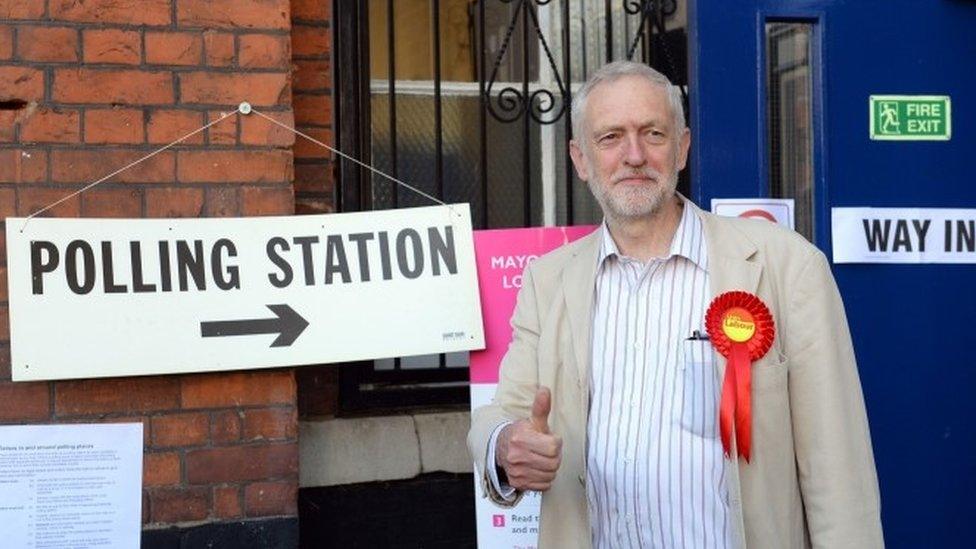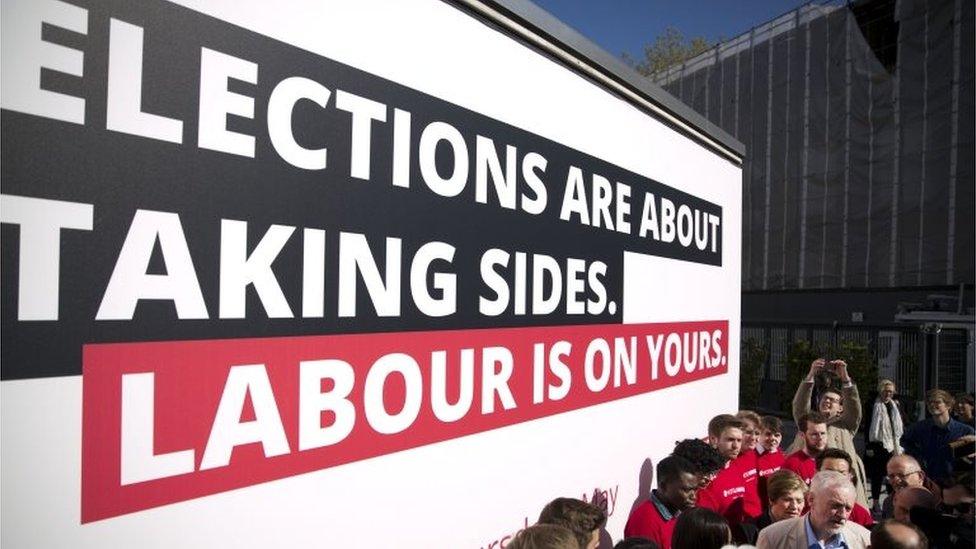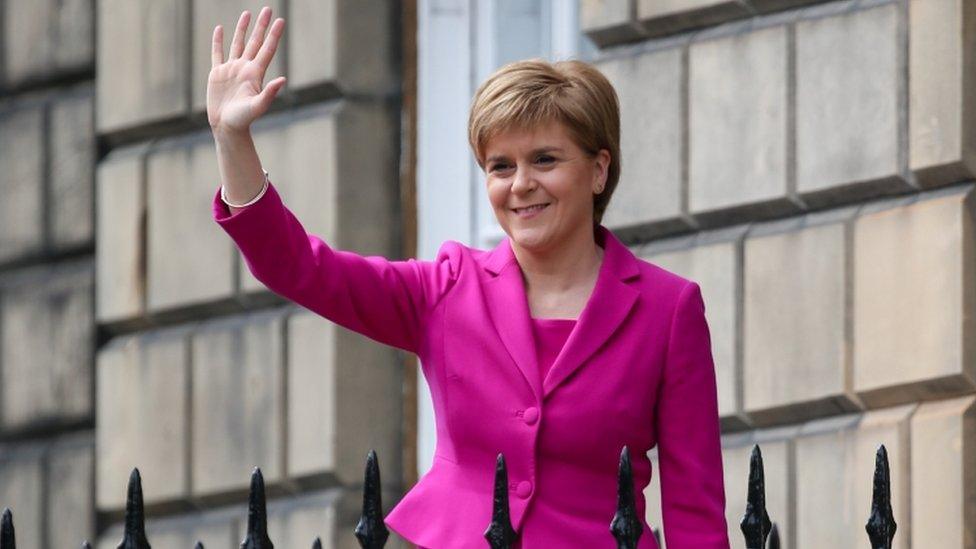Elections 2016: What results mean for Corbyn's future
- Published

They were lining up to denounce him - and some have actually done so. Labour MPs who are convinced that if Jeremy Corbyn remains their party leader, defeat at the next general election will be inevitable.
But the results were messier than they predicted.
So when Jo Cox - the Batley MP who nominated Mr Corbyn for the leadership to broaden the party's debate - says that Labour should have performed better at these elections, she has logic and precedence on her side.
The party fared less well than the last time many of these seats were contested, in 2012, and Labour still went on to lose the subsequent general election.
But it's not clear that the results provide enough ammunition for those who want to take aim at the leadership.
Mr Corbyn's supporters will point out the party didn't hold on just in its northern heartlands, but in areas where it expected to lose - right down on the south coast, in Southampton and Hastings.
His internal critics have been pointing out privately all night that beneath the surface, some of the results aren't anything to write home about. Labour retained overall control in Nuneaton for example, but lost ground to the Conservatives.
Crucially, though, the party's deputy leader Tom Watson made it clear he wasn't sanctioning any coup attempt with Mr Corbyn, who has been in the job for only eight months.
He didn't think either winning - or losing - 100 seats should prove decisive, and he will have in mind that members and supporters who elected the Labour leader last September are unlikely to have been appalled at results which saw Labour retain control of Crawley.

Since the 2014 referendum, Scotland tends to be viewed through a different prism. Unlike in England, Labour has to compete against another party describing itself as social-democratic: the SNP.
But elsewhere in the UK, some Labour MPs, if not the new supporters of the party, will ask if there are lessons to be learnt from campaigning unsuccessfully on a platform of higher taxes for better public services.
But a better guide to Labour's current weakness might be the Conservatives' strength.
A governing party tearing itself apart from the grassroots to the cabinet table over Britain's relationship with the EU certainly looks like it will suffer some setbacks, notably in London.
But it is on course for ending up with an increased tally of councillors - and very possibly becoming the official opposition in Scotland after years in the political wilderness.
- Published6 May 2016

- Published18 April 2016
